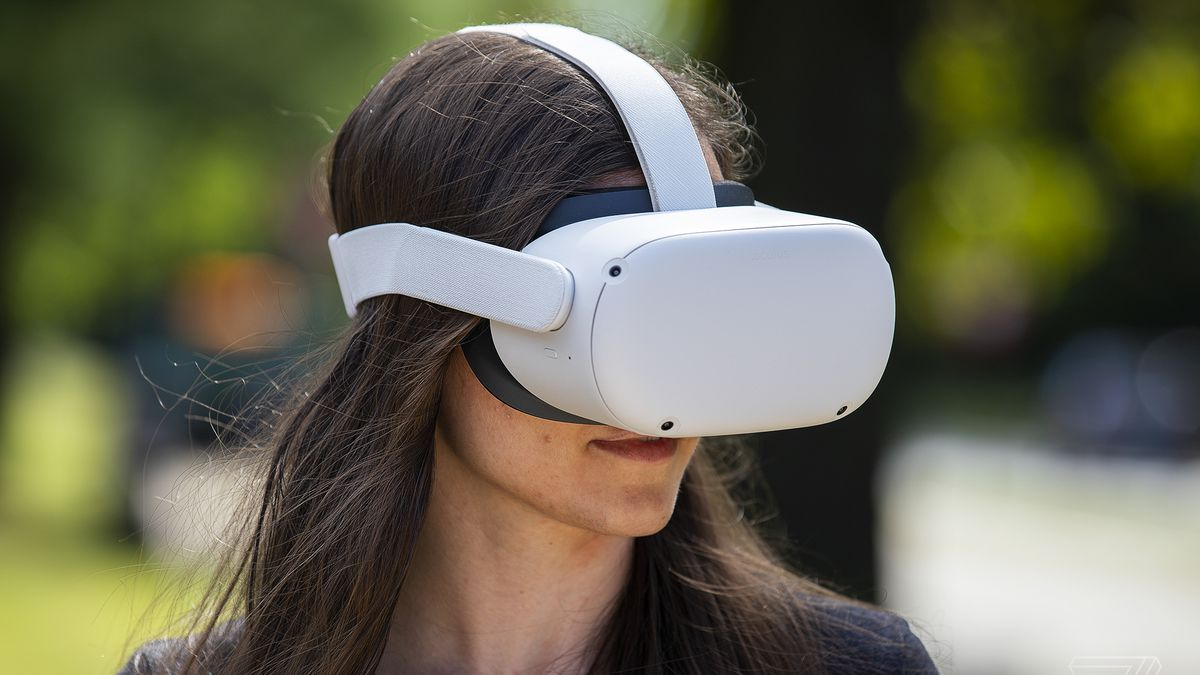“Eating disorders are now a serious public health problem where every year there is an increased general spread and an increasingly precocious onset. The current socio-health infrastructure is unable to take charge of the growing flows of new cases, guaranteeing specific, definitive and effective treatment. It therefore becomes essential to perfect and enhance the therapy models, guaranteeing a personalization of intervention, based on scientific evidence, integrated with new and innovative technological tools. With ‘Arcadia VR’ we intend to structure a new model of care and assistance based on a technological platform of assessment and rehabilitation care through virtual reality infrastructures and devices and artificial intelligence methods, designed to be usable on multiple levels of care, ie outpatient, intensive outpatient and inpatient regime “. Giovanni Pioggia, head of the IRIB Cnr of Messina, says this, referring to the funding for industrial research and experimental development obtained by the Ministry of Economic Development with the remarkable score of 95/100.
The Arcadia VR project, i.e. Assistance and Rehabilitation of Eating Behavior through Devices based on Artificial Intelligence and Virtual Reality, was born from the brilliant idea of collaboration between the Catholic University of Milan, a leader in eating disorders and virtual reality for clinical use, Irib Cnr of Messina, affirmed for the development of translational biomedical methodologies and technologies in the field of neurodevelopmental disorders, the Medilink srl of Syracuse, one of the most important Sicilian companies in the ICT field in health, the Madre Teresa srl of Oria (Br) , one of the best known Apulian social welfare realities and SB Setec SpA, an international company that has distinguished itself in the field of engineering technologies. The coordinator of the project is Renato Tino of Medilink, supported on the technical-scientific level by Giuseppe Riva and Giovanni Pioggia, as well as by the psychologists Flavia Marino and Antonio Cerasa of Irib Cnr Messina.
“Virtual reality strengthened by artificial intelligence methodologies – adds Giuseppe Riva, professor of the Catholic University of Milan, for over twenty years one of the leading experts on eating disorders and on the clinical use of virtual reality – can offer innovative solutions for address the different key symptoms of eating disorders: from craving to negative emotions, from attentional bias to bodily dissatisfaction. The recent literature strongly supports, with solid scientific evidence, that the translational clinical approach with virtual reality is able to bring a significant advantage, in the short and long term, compared to traditional cognitive-behavioral therapy on different dimensions with an efficacy in the decrease craving and anxiety responses to food; efficacy in modifying the experience of the body; improvement of multisensory integration processes and reduction of attentional distortions towards stimuli linked to the body “.
“Arcadia VR, with about 6 million euros – adds Renato Tino of Medilink – intends to develop and test translational tools based on virtual reality, biosensors and artificial intelligence integrated with cognitive-behavioral therapies to diagnose, evaluate and treat anorexia and bulimia nervosa, predict the risk of developing these diseases and the risk of their progression once diagnosed, taking into account the phenotypic characteristics, lifestyle, occupational, environmental stressors and socio-economic and behavioral characteristics of individuals, as well as aspects related to gender “. “In addition, – adds Giuseppe Farruggio of SB Setec – the project will make it possible to analyze and evaluate, through App, innovative virtual platforms and biosensors, in industrial realities, the impact that the disorder has within the reference family context and how much the caregivers may have levels of stress and burnout that affect the quality of their work ”. In recent years, one of the most effective clinical applications of virtual reality has been the development of innovative treatment approaches for patients with eating disorders. “The project – explains Giovanni Miccoli of Mother Teresa – provides proof-of-concept studies to test and validate the translational tools created, through appropriate performance metrics suitable for evaluating the technical robustness of the tools, in a real clinical environment, relevant for end users, evaluating their performance with respect to the cognitive-behavioral standard of treatment. The project will allow the transfer, at the end of the activities, of the methods and translational tools developed to two new centers for the innovative treatment of eating disorders, one in the city of Lecce and one in the city of Messina, which acquiring the results of the project, they will be able to apply them in clinical practice “.
